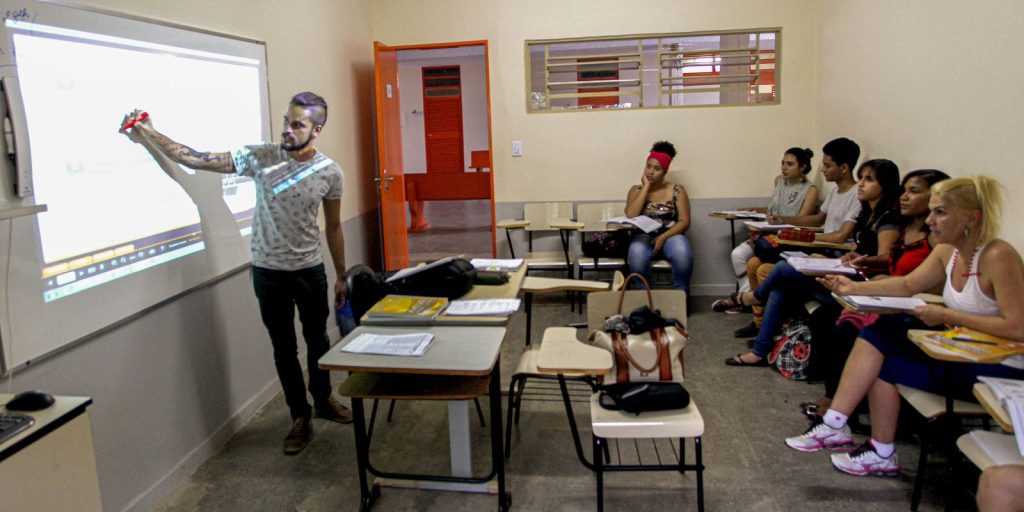Tomorrow ends one of the worst years that Mexico has ever experienced. It was not because the economy has not grown, although with the meager growth of just 1.5% a six-year period ended with a drop in GDP per inhabitant. Nor was it that the exchange rate has depreciated 15% since the day of the lessons or because inflation remained stagnant between 4 and 5% annually, with a Governing Board of the Bank of Mexico that seems to be satisfied that inflation is be just below 4% so that they can claim victory and affirm that they did fulfill their constitutional mandate of trying to maintain the purchasing power of the currency.
No. In my opinion, 2024 was one of the worst years because it was the year in which the institutional destruction that began six years ago was completed. In this year, liberal democracy, the Judiciary, the separation of powers and legal certainty, the judicial defense of individual rights and the counterweights to an authoritarian exercise of power were destroyed. The year that ends will go down in history for having been one in which we Mexicans lost our political freedom and saw our economic freedom diminished. 2024 was the year in which, with the destruction of the institutional arrangement and the loss of freedom, we practically canceled the possibility of having entered a sustained path of economic development. In this scenario we will enter 2025, a year that will be critical for several reasons. I highlight three: the election of judges, the situation of public finances and Trump’s second presidential term.
The election of the members of the Judicial Branch of the Federation that includes the ministers of the Supreme Court of Justice of the Nation, half of all district judges and magistrates and the members of the Robespierrano Court of Judicial Discipline will be an example for the rest of the world of what not to do.
The method of selecting candidates for different positions guarantees two things. First, almost all those elected will be loyal to the government in power, having been beaten by the Executive and Legislative powers controlled by the government itself and Morena. With this, the Judiciary will no longer be independent and impartial, which will end legal certainty and the citizens’ last line of defense against the authoritarian exercise of power that violates their individual rights. Second, the new members of the Judiciary will be of lower quality. Without legal certainty and judicial independence there will hardly be greater growth.
In terms of public finances, it is perceived as not impossible, but unlikely that the objective of reducing the flow of Public Sector Financial Requirements from 6% of GDP this year to 3.5% next year will be met. There are two main factors that will make adjustment difficult.
The first is that the tax collection objective will hardly be achieved given that the economy will grow significantly less than the 2.5% that the Ministry of Finance used for its estimate. It is estimated that growth will barely be 1.2%, with some predicting even less than 1 percent.
The second factor revolves around the parastatal sector. The government, despite all the accumulated evidence, continues to rely on notoriously inefficient government companies for the production of private goods, from gasoline and electricity to passenger transportation, hotels and restaurants. They all operate at losses and are a source of fiscal deficit, highlighting Pemex and CFE, where they insist on continuing with a headless business plan, all in the name of the aforementioned national sovereignty.
Lower tax revenues along with a parastatal sector with increasing losses and increasing spending on social programs lead to a higher fiscal deficit. With this, particularly due to the situation of Pemex, the rating of the government debt is put at risk. Losing investment grade would imply higher interest rates, greater debt service and greater fiscal weakness; a destructive spiral.
Finally, Trump, arrogant and without limits. He, who does not understand international trade and will equate a trade deficit with a company’s losses, has a protectionist impulse which is aggravated by the fact that he is willing to use tariffs to achieve other objectives, such as migration and drug trafficking. The continuity of the T-MEC, the main source of growth of the Mexican economy, is even more in doubt with the review scheduled for 2026. Add to it the threat of two other factors: the mass deportation of undocumented immigrants and the designation of terrorist groups as terrorists. racketeering. Three real negative shocks for the Mexican economy.
With this article, I celebrate 30 years of writing on these pages. I thank El Economista for the privilege and trust they have given me and you, valued readers, for your loyalty and, above all, your trust. I wish you a happy, healthy and prosperous 2025. See you next year.















